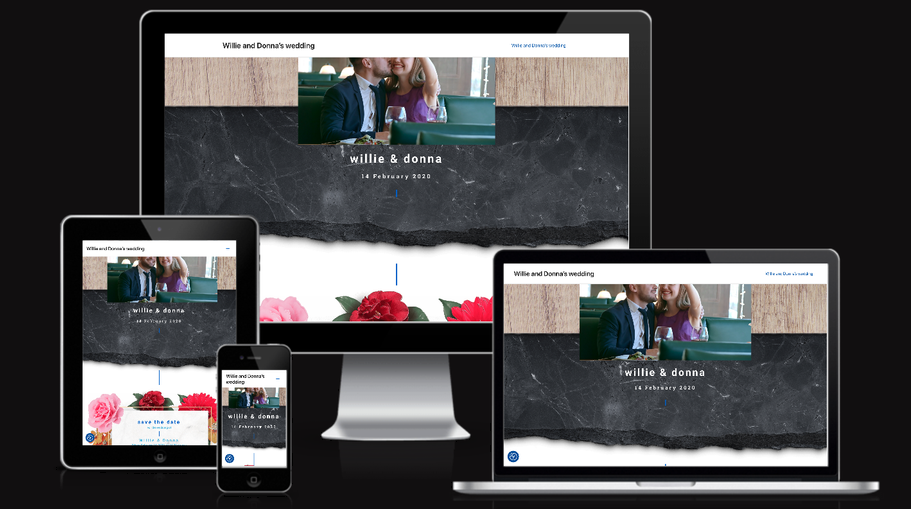In today's digital era, creating a captivating website is essential for event management companies to showcase their expertise and attract clients. An event management website serves as a virtual gateway, offering comprehensive information about services, past events, and testimonials. In this article, we will explore the key components to consider when creating a website for event management. By implementing these elements effectively, you can establish a strong online presence and ensure seamless event experiences for your clients.
Engaging Design and User-friendly Interface
The first impression is crucial for any website. To captivate visitors and encourage them to explore further, your event management website should have an engaging design and a user-friendly interface. Choose a visually appealing layout, complemented by high-quality images and videos that reflect the ambiance of past events.
Ensure that the website is easy to navigate, with clear menu options and intuitive navigation bars. Keep important information, such as services offered, event portfolios, and contact details, easily accessible. Incorporate responsive design elements, making the website accessible and visually appealing across different devices, including smartphones and tablets.
Comprehensive Service Offerings and Event Portfolios
Your event management website should provide a comprehensive overview of the services you offer. Clearly articulate the types of events you specialize in, such as corporate conferences, weddings, trade shows, or music festivals. Highlight your unique selling points, such as event planning, logistics management, venue selection, and on-site coordination.
Display a portfolio of past events to showcase your expertise and creativity. Include high-resolution images, videos, and client testimonials to demonstrate successful event execution and client satisfaction. This section should exemplify your ability to create unique experiences tailored to specific event objectives.
Event Registration and Ticketing Features
To streamline event management processes, integrate event registration and ticketing features into your website. This allows potential attendees to register and purchase tickets online, providing a convenient and efficient experience. Implement a user-friendly registration form, capturing necessary details such as name, contact information, and dietary preferences.
Incorporate secure payment gateways to facilitate seamless transactions. Provide electronic ticketing options with QR codes or unique identifiers that can be easily scanned at the event entrance. Additionally, offer the ability to send automated confirmations and reminders to registered attendees, ensuring they stay informed and engaged.
Interactive Features and Event Resources
Enhance user engagement by incorporating interactive features and valuable event resources on your website. Implement features such as event calendars, allowing visitors to view upcoming events and save dates to their personal calendars. Include interactive maps with directions and venue information to assist attendees in planning their visit.
Provide downloadable resources such as event planning guides, checklists, and industry insights. This establishes your credibility as an expert in the field and offers added value to potential clients. Consider integrating social media feeds, allowing visitors to connect with your event management company across various platforms.
Contact Information and Inquiry
Formsincluding phone numbers, email addresses, and physical addresses. Implement inquiry forms to encourage potential clients to reach out with event-specific queries or requests for proposals. Respond promptly to inquiries to demonstrate your commitment to excellent customer service and establish strong client relationships.
For More Info:-
best Event website developer in USA
Event marketing website online in USA
online Event website developer in USA
Online event management website coder






Comments